If your good intentions from a few months ago haven’t led to much, take note. A psychologist tells us what we can learn from studies on willpower.
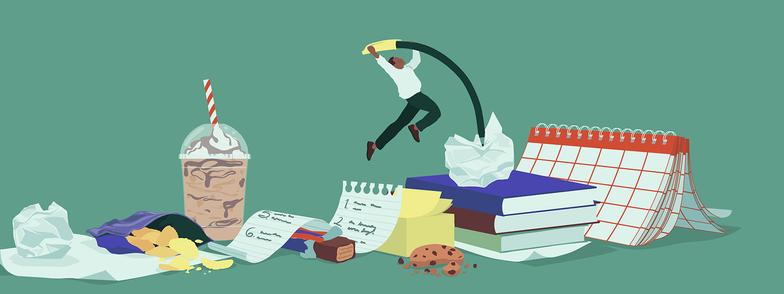
If your good intentions from a few months ago haven’t led to much, take note. A psychologist tells us what we can learn from studies on willpower.

Infection by certain wrigglers may reduce inflammation and fight obesity and diabetes. Scientists are at work to turn the findings into therapies. 

Ailments of the mouth can put the body at risk for a slew of other ills. Some practitioners think dentistry should no longer be siloed. 
Perimenopause can bring hot flashes, disrupted sleep, brain fog and more.
Yet figuring out whether and how to treat those symptoms can be challenging, Katia Riddle reports for @NPR

Some women are especially vulnerable to depression during this transitional period of life; learn more from our 2022 story.

Would you still love me if I was a worm?
What about....







via @KnowableMag

Research suggests that experience may matter more than innate ability when it comes to a sense of direction. 

Long confined to regions with volcanic activity, geothermal promises to become a much more versatile energy source thanks to new technologies.
Can desalination quench agriculture’s thirst?
Miles away from the ocean, projects are afoot to clean up salty groundwater and use it to grow crops.
Some say it’s a costly pipe dream, others say it’s part of the future.
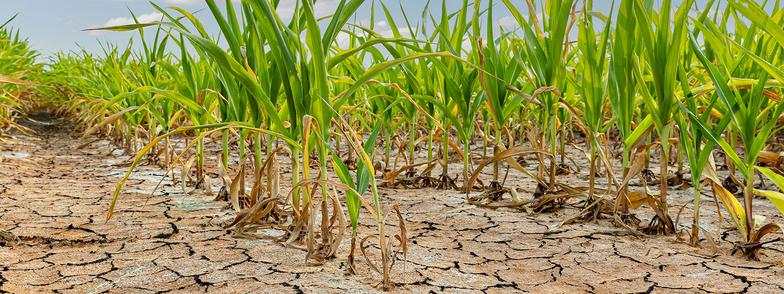
Rural Alaskan and Canadian communities are trying to get along with the large mammals.

A prion sickness similar to mad cow is spreading rapidly through North America’s deer and elk populations. A veterinary microbiologist discusses the options for keeping it in check.

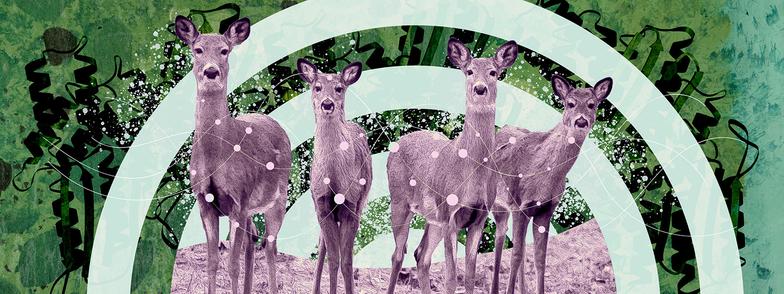
“There are so many properties of the narwhal tusk that defy every principle I ever learned in dental school.”
https://knowablemagazine.org/content/article/living-world/2024/life-of-the-narwhal-martin-nweeia #KnowableMagazine #ScienceMastodon
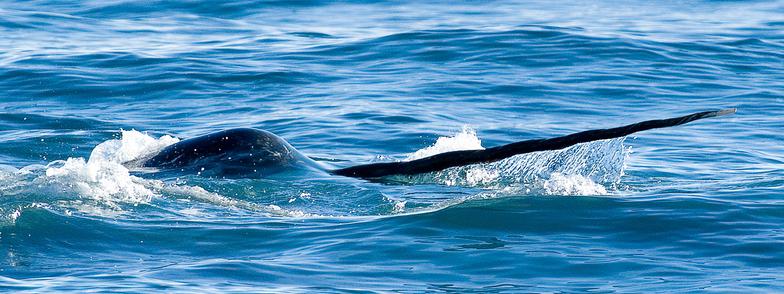
In some places, farmer cooperation is critical to the continued existence of whooping cranes and other wetland-dependent waterbird species, close to one-third of which are experiencing declines.
Learn more about how animals get their sometimes striking markings from our 2024 story: https://knowablemagazine.org/content/article/living-world/2024/animal-patterns-spots-stripes-explained-turing-mechanism #ScienceMastodon #KnowableMagazine
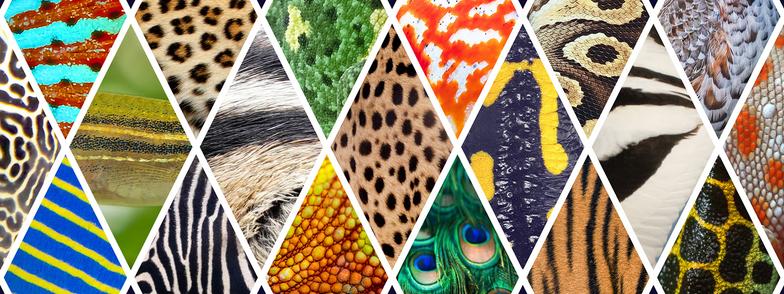
Climate change and declining biodiversity are the two biggest environmental crises facing humankind today, but predicting how they’ll play out together is tricky. Ideally, scientists would study how life on Earth responded to previous periods of drastic climate change, but the fossil record for most species is spotty.
The fossils of foraminifera are an exception, however: They’re everywhere.
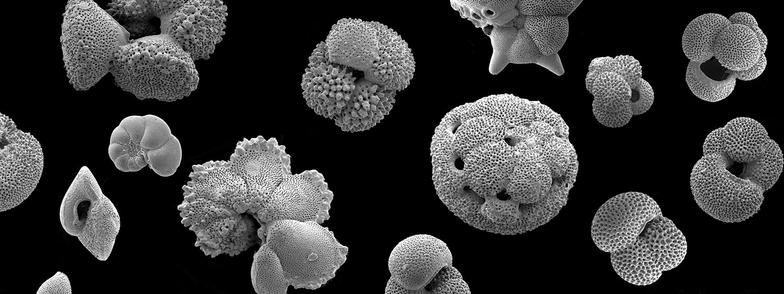
Delegates from 175 nations are working on an international agreement that would tackle the vast amounts of plastic waste in the environment. A marine scientist specializing in plastic pollution discusses the problem and her hopes for the proceedings.
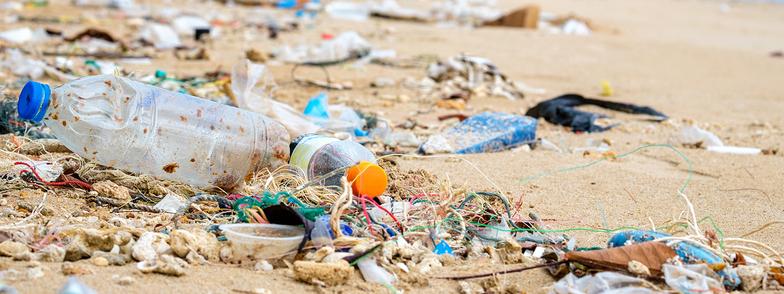
Reducing greenhouse gases and ozone-depleting chemicals, which increase UV exposure, are key to protecting eye health at a global level. But even under the best climate scenarios, intense climate-driven heat, droughts and other eye irritants will continue to affect people. https://knowablemagazine.org/content/article/health-disease/2025/how-climate-change-threatens-eye-health #KnowableMagazine #ScienceMastodon #ClimateChange
Bountiful remains of foraminifera reveal how organisms responded to climate disturbances of the past. They can help predict the future, too. 

#OPINION 
“The number of public rules in the US is just astounding. They have to tick so many boxes. Many of these rules are in themselves laudable, setting guidelines for good practices, but in the aggregate it can be problematic. But many of the rules that govern civil servants come from Congress; they didn’t make the rules themselves.” Political scientist Katherine Bersch, Davidson College https://knowablemagazine.org/content/article/society/2025/how-to-make-bureaucracies-better
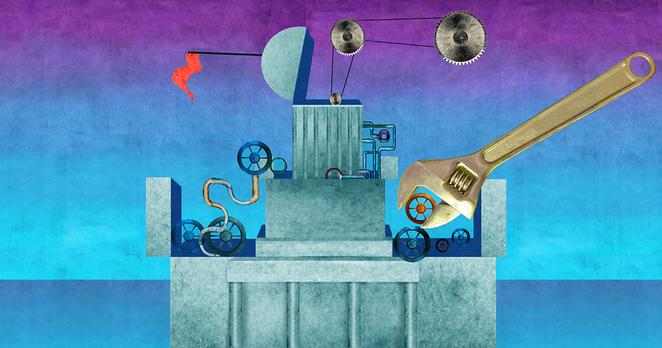
Stronger than plastic and tougher than glass, the resin-filled material is being exploited for smartphone screens, insulated windows and more. 
